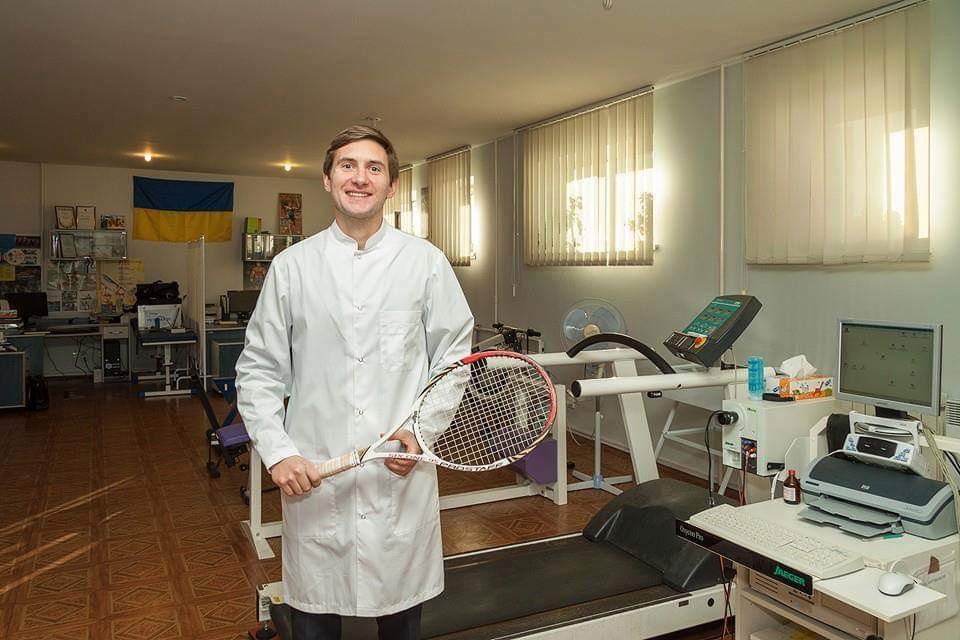As is known from theorhy of the general training of athletes (Platonov V.N.), the types of control are staged, current, operational. Operational control provides for an assessment of the athlete’s body’s urgent reactions to loads during training and competitive activities. True, its importance is overlooked by many specialists due to the tight schedule of competitive activity (52 weeks a year).
The most common in use is complex control, where, based on the use of sports-pedagogical, socio-psychological and biomedical indicators, readiness for training and competitions is assessed.
The general problems of tennis players are divided into those that are visible and those that are not visible in competitive activities. Here is their example: “plays technically beautifully or not beautifully”, “stands still, legs do not work”, “clamps on important balls”, “gets into competitive activity late”, “falls out of the game”, “plays great in training and disgusting at the tournament”, “does not show “his” tennis”, “is afraid to play, movements are constrained”, “does not play actively, plays excessively passively”, “hitting all the time, does not think with his head”, “roller coaster effect” in the competitive activities in a set, match, tournament, then “rise”, then “fall”.

What is not visible from sports activities, but coaches and researchers see: dropping out of the “competitive” weight, low respiratory and cardiovascular system, low ability of the musculoskeletal system, poor attention span, low ability to concentrate in competitive activities , low stability of mental processes, weak manifestation of volitional abilities.
In order to manage training and competitive activities, it is necessary to translate all control points into numbers and monitor their growth or fall. Influencing them to influence directly or indirectly on the sports result.
Tips:
- Start measuring your resting heart rate. The pulse is an integral indicator of your condition. Changing it up from your conditional norm is the first sign of under-recovery
- Do a Stage Comprehensive Examination 2 times a year.